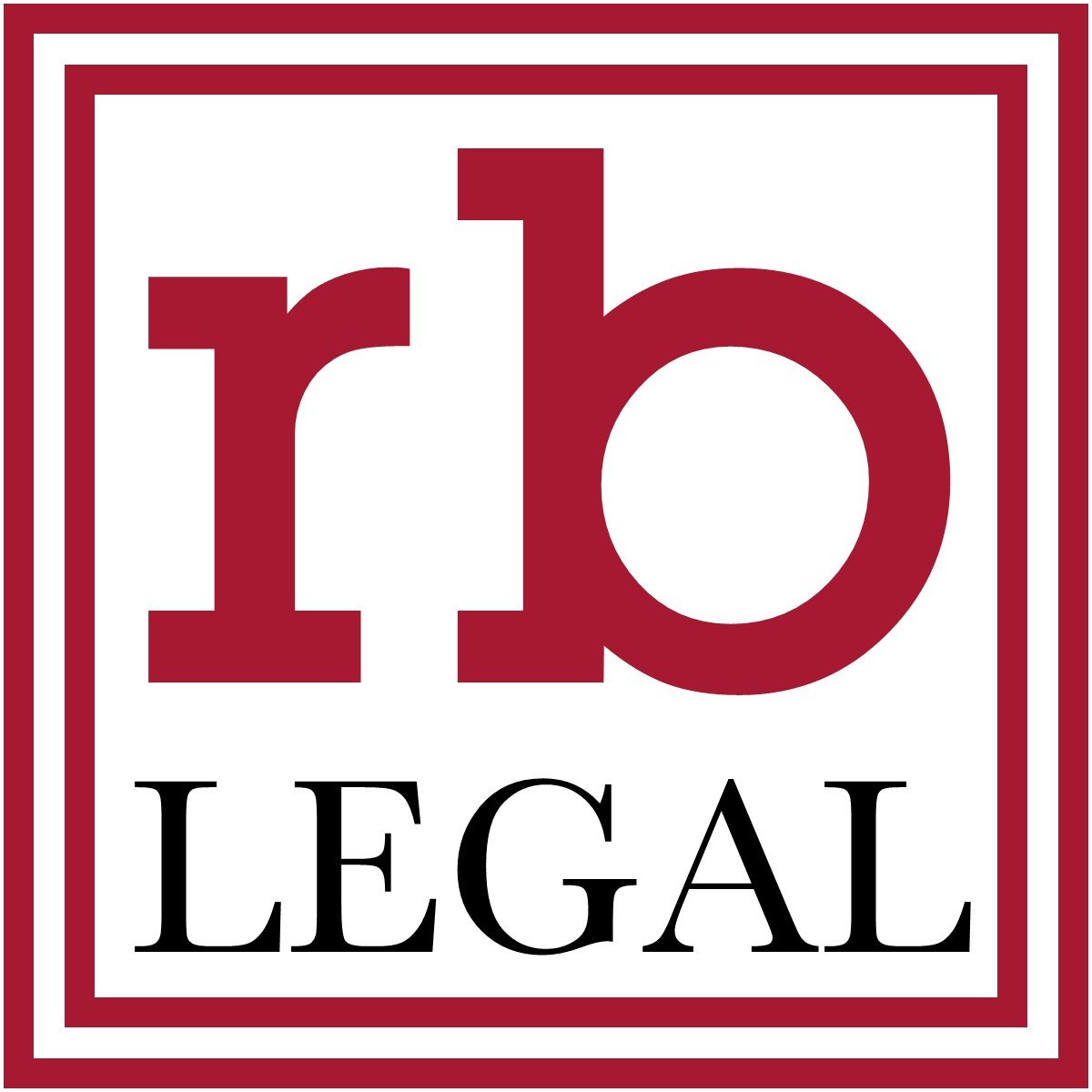The assets that comprise someone’s estate will determine the legacy that they leave for others. Their property can help support their spouse and children or even fund a nonprofit organization or a scholarship that will change lives.
However, the assets in an estate may be vulnerable to outside claims, including taxes and debts owed by the deceased. Financial claims by third parties could force an executor to sell estate assets instead of distributing property to beneficiaries.
There are two different times when family members can act to protect the property in an estate.
When planning the estate
The testator is in the best position to protect estate assets. They can take action before their death to protect property and limit creditor claims while they are alive and after they die.
Changing the ownership of certain assets is a common way to protect those assets from creditors. Creating a trust before facing collection efforts or lawsuits can shield their most valuable property from collection efforts later. Testators can also arrange to have certain property transfer at the time of their death or to make annual gifts to diminish what becomes their estate when they die and therefore what is subject to creditor claims.
When administrating the estate
Assets are absolutely vulnerable during probate proceedings. The personal representative of the estate can help preserve and protect the assets. The first steps they have to take to protect estate property will involve locating and physically securing the assets. Otherwise, family members and beneficiaries or even third parties who read about the death in the obituaries might try to steal estate property.
Once the executor has control over the estate assets, they need to carefully manage and maintain them so that they don’t lose value. If they intend to sell estate property, they need to know what those assets are worth. When a representative takes the time to validate creditor claims and review someone’s finances closely, they also help ensure that the estate doesn’t overpay accounts and diminish estate assets while settling someone’s financial obligations.
Taking the right steps to protect assets during estate planning and probate proceedings will maximize how much an individual passes to the people they love when they die.



